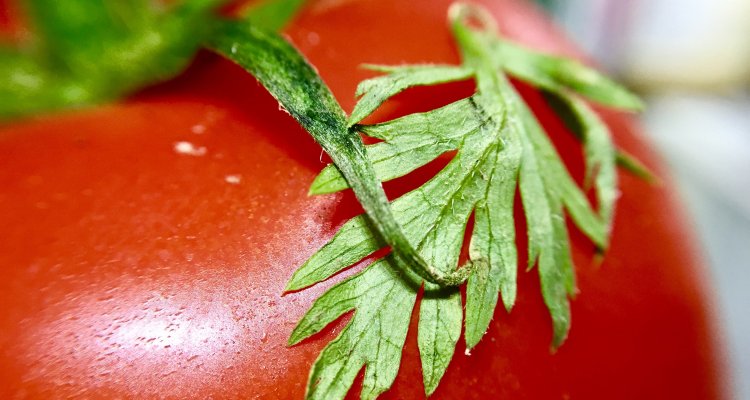
Project
Virtual tomato crops
Jochem Evers and his team are developing a digital twin of a tomato crop in a greenhouse: a 3D simulation model that is fed in real-time with sensor information from a real greenhouse. These constant updates make this digital twin more advanced than the existing simulation models. The interactions between the characteristics of the crop (the variety), the environmental factors and crop management are all simulated in the virtual crop. Because the model is linked to a real tomato crop in a greenhouse, it becomes possible to refine predictions more and more and thus make better choices for the real crop.
According to priority area leader Jochem Evers, “We chose the tomato because we already know so much about this crop; we have a lot of experience with measuring and 3D modelling tomatoes, as well as with various cultivation techniques. When developing the digital twin, we incorporate the ideas of a user group of interested people from the start of the project. They know what is going on in tomato cultivation and what we should focus on in the model”.
Evers hopes to have a properly working prototype in three years. Growers will be able to use it as a decision-support tool for growing tomatoes. For example, it will allow them to predict the effect of a cultivation measure on harvest and financial yield and make a decision for the real crop based on that prediction. The tool can also be used to determine strategies: one can make adjustments to the greenhouse settings in the model, and then carry out the most promising strategies on the real crop.
Growers will be able to use it as a decision-support tool for growing tomatoes. For example, it will allow them to predict the effect of a cultivation measure on harvest and financial yield and make a decision for the real crop based on that prediction
Evers talks about the benefits for research: “Researchers no longer have to do repeated tests to be able to make reliable statements, and you immediately know what the result of changes in, for example, greenhouse settings or pruning or varieties will be. That way we can also conduct targeted research into new varieties, finding out, for example, which qualities a variety should have to do well given any restrictions in energy consumption or in a certain type of greenhouse”.
Evers himself is a theoretical plant biologist, but his team is very diverse; employees of the (new) Netherlands Plant Eco-phenotyping Center (NPEC) on the campus together with WUR researchers in the fields of greenhouse horticulture, economics, agrotechnology, statistics and breeding.